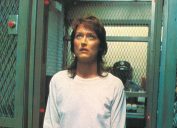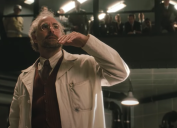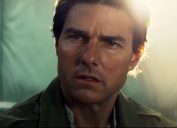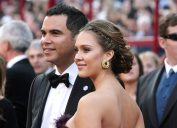6 '90s Movies That Would Never Be Made Today
These films—some hits and some flops—have been called out for various offenses.
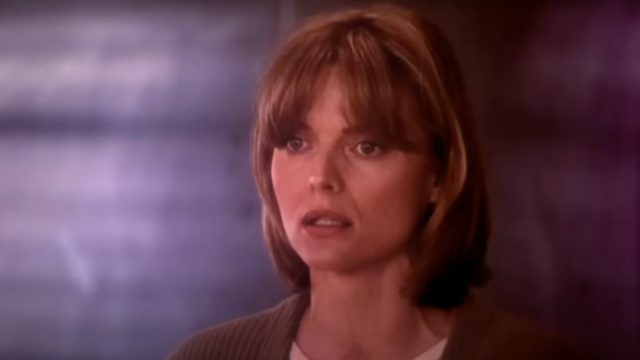
It might not seem like the movies have changed that much over the last three decades, but in many ways, the film landscape is drastically different. Mega-franchises like Marvel and Star Wars have largely replaced big-name actors as the major box office draw, while the shift to streaming and the ubiquity of cheap flatscreen TVs may spell the end for movie theaters as we once knew them. But as the business of movies have changed, audiences have changed too, and shifting cultural norms mean that movies that were mainstream hits 30 years ago seem hopelessly out of touch today, if not downright offensive. Read on for six classic (and not-so-classic) '90s movies that could never be made today.
READ THIS NEXT: 7 Classic Movies That You Can't Watch Anywhere.
1
American Pie (1999)
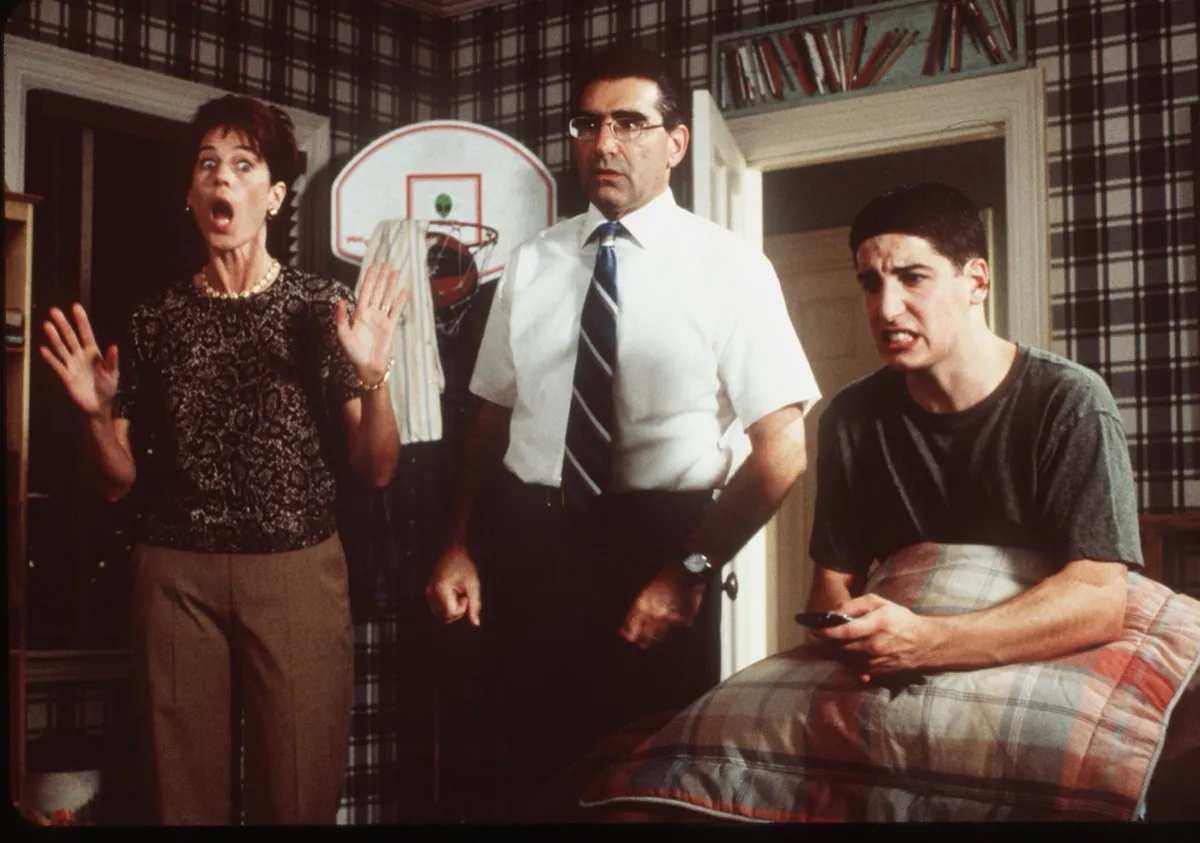
American Pie was one of the biggest teen comedy hits of the '90s, and at the time, it looked like a more progressive brand of sex comedy than crasser '80s fare like Revenge of the Nerds. But the saga of four high school senior boys who make a pact to lose their virginity before graduation still looks plenty retrograde today. Though the film makes a token effort to add some depth to the female characters the boys are trying to maneuver into bed, they still exist largely as prizes for them to win. But the love interests at least fair better than Shannon Elizabeth's Nadia, an exchange student who the film's ostensible hero (Jason Biggs) seems to consider little more than a living blow-up doll; his decision to covertly film their sexual encounter and broadcast it to his classmates over the internet is treated more as a wacky opportunity to display Jim's sexual inexperience than as grounds for a felony sexual assault charge. The climactic ending (no pun intended) also does little to dispel the notion that the boys were misguided in valuing sex over intimacy, given that one student's deflowering by an adult woman is treated as a moment of triumph.
2
Milk Money (1994)
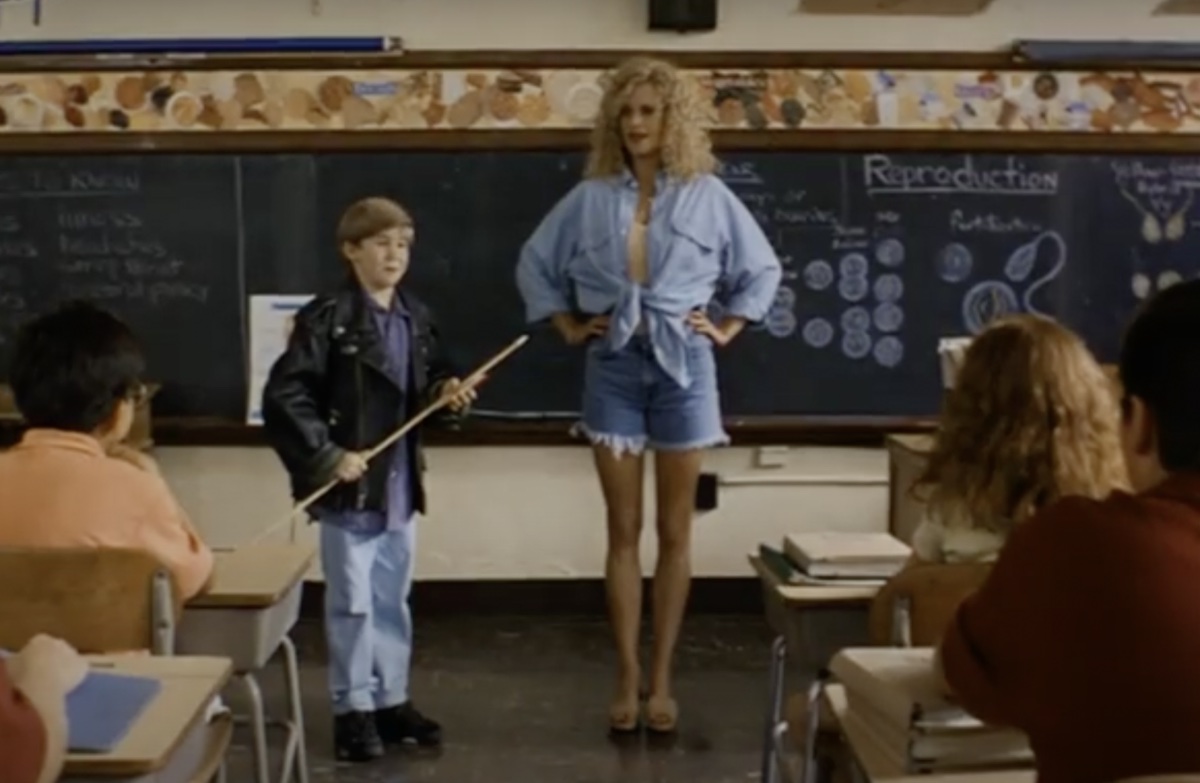
Pretty Woman wasn't the only '90s rom-com about a sex worker, and it's definitely far from the creepiest. That honor goes to 1994's Milk Money, about a young boy and his friends who pool their money to travel to the city and pay a woman named V (Melanie Griffith) to teach them about sex. That she does, and that her flashing them is played for laughs instead of as disturbing and illegal, isn't even the worst thing about the film, which then veers into darker territory after V follows the boys back to their idyllic suburb. While the boy tries to play matchmaker between V and his widower father (Ed Harris), she's also hiding out from the mafia boss (Malcolm McDowell) who has murdered her drug-dealing pimp for skimming off the top. Back then, not even Pulitzer-winning critic Roger Ebert could figure out who the filmmakers thought wanted to see this weird mix of coming-of-age drama, romance, sex comedy, and thriller. Today, its retrograde attitudes about sex workers and its treatment of V as little more than an object to be leered at, menaced, and/or rescued mean that it seems appropriate for no one.
For more entertainment trivia sent right to your inbox, sign up for our daily newsletter.
3
Krippendorf's Tribe (1998)
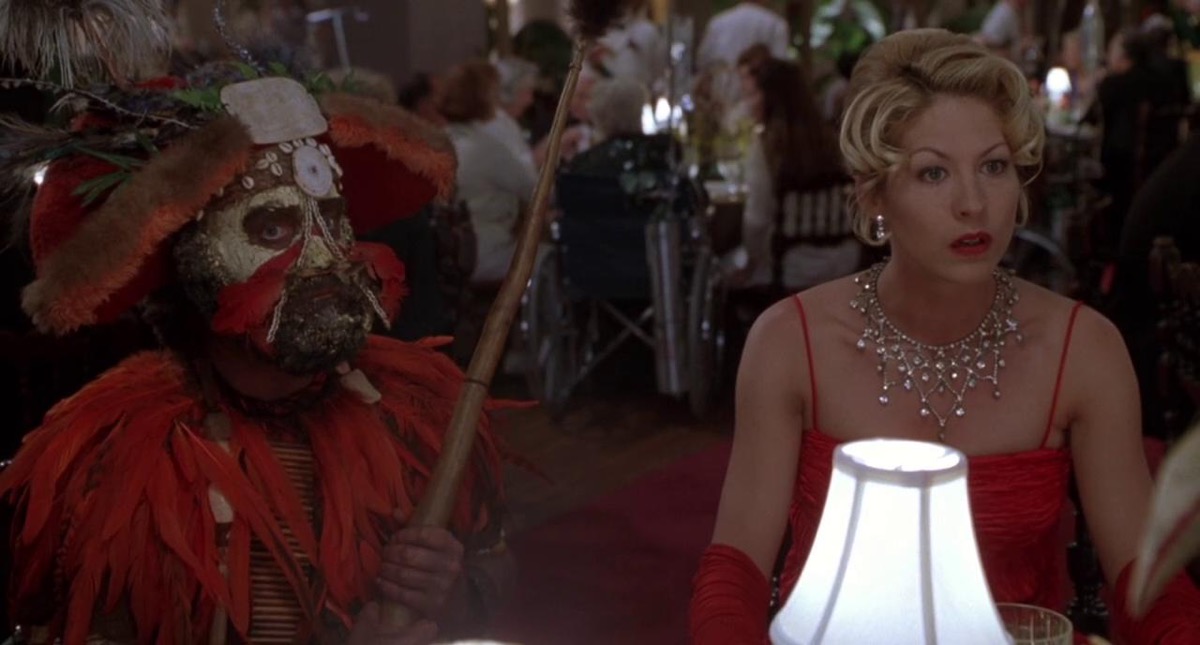
The plot of Krippendorf's Tribe is so shockingly misguided, it's almost impossible to believe it was made at the tail-end of the so-called "politically correct" '90s. Richard Dreyfuss plays a depressed, widowed anthropologist who fritters away all the grant money he was awarded to search for a so-called "lost" tribe in New Guinea. Facing a reckoning at work, he enlists his children to don blackface and stereotypical "native" attire and films a fake documentary in which he makes first contact with the "Shelmikedmu" (a portmanteau of his kids' names). Though the film doesn't go so far as to endorse his actions, it has no problem trading in offensive stereotypes for laughs, suggesting the "natives" engage in barbaric practices like locking menstruating girls in cages and hosing them down with pig urine (no, really). It was dubbed one of the most racist movies ever made by Complex—but we can take some solace in the fact that, even back in 1998, it was a box office bomb.
4
Basic Instinct (1992)
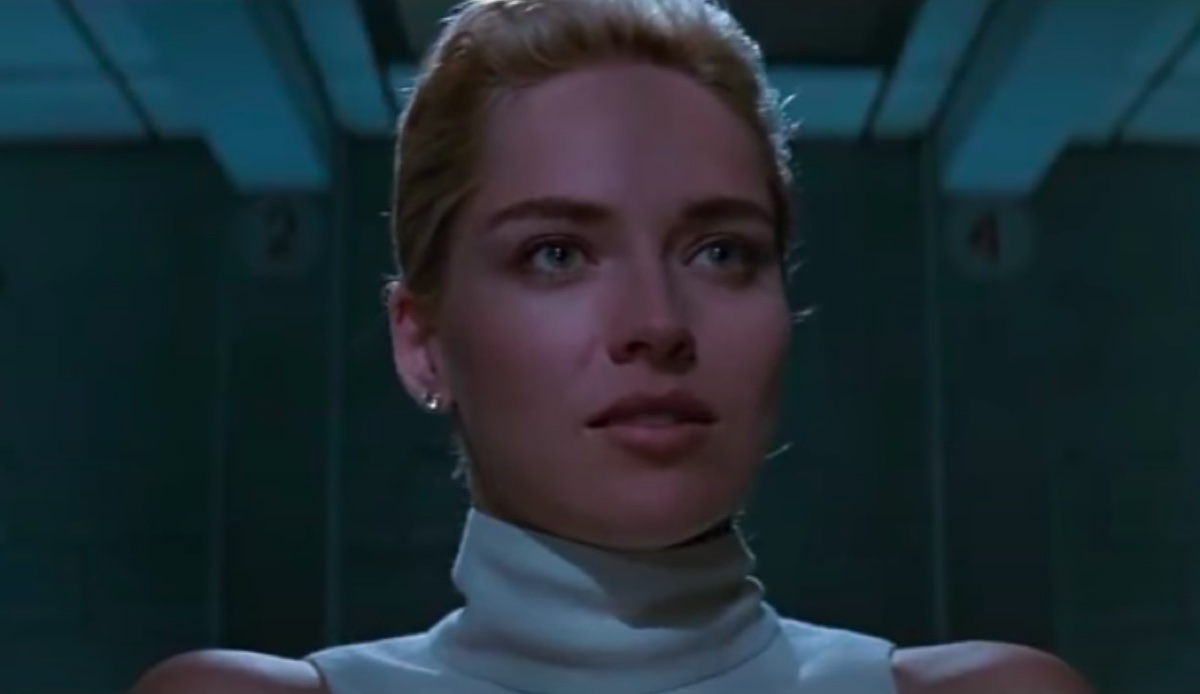
This neo-noir thriller about an out-of-control San Francisco detective (Michael Douglas) on the hunt for a female serial killer who is bedding men and then murdering them with an ice pick was a massive box office hit in the early '90s, stirring up controversy for its salacious sex scenes and an instantly infamous bit of nudity involving Sharon Stone uncrossing her legs. Even back then, however, feminists and LGBTQIA+ groups railed against the characterization of Stone's Catherine Trammel, whose command of her own sexual power, not to mention her bisexuality, are enough to paint her as wicked and villainous—even before Douglas starts questioning her motives. The movie seems to go out of its way to link queer sexuality with deviance and mental illness. As one modern-day reviewer noted in the Medium blog Strategic Whimsy Experiment, "All of the female characters who are sexually attracted to other women are also homicidal psychopaths."
5
Chasing Amy (1997)
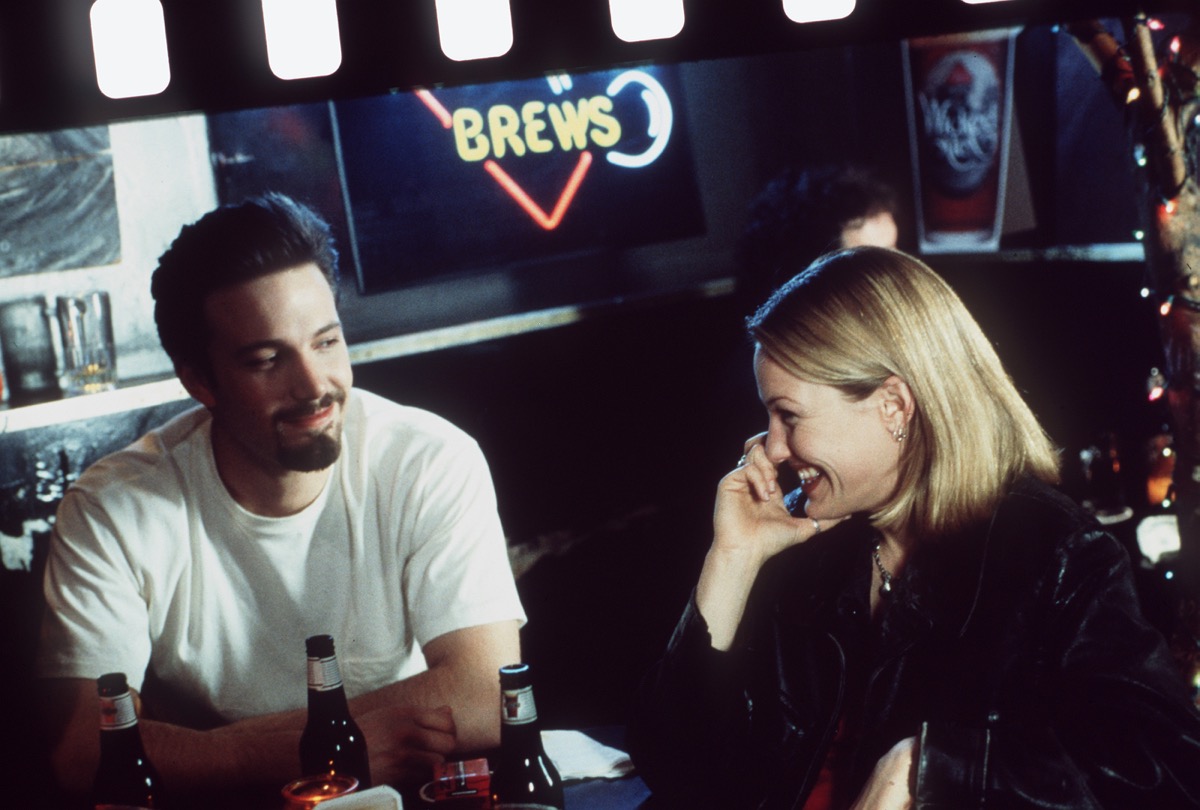
Kevin Smith's third film, after the slacker comedies Clerks and Mallrats, was as progressive for its time as it is woefully dated today. It's a romantic comedy in which comic-obsessed geek Holden (Ben Affleck) is drawn to a quirky girl Amy (Joey Lauren Adams) who happens to be a lesbian. Their close friendship quickly blossoms into romance, but Holden's inability to get over the fact that Amy is more sexually experienced is the wedge that drives them apart. The film was ahead of its time in foregrounding an ostensibly bisexual main character, but in doing so, perhaps inadvertently seems to suggest that lesbians are only marking time until they meet the right guy. The audience mostly sees things through Holden's misguided straight white male point of view; beyond Amy, other marginalized characters are treated as little more than an afterthought. Far from sensitively exploring queer sexuality, today the film's take on gender and sex seems woefully misguided. An Autostraddle reviewer pointed out its "casual cissexism" in a 2022 piece about the film.
6
Dangerous Minds (1995)
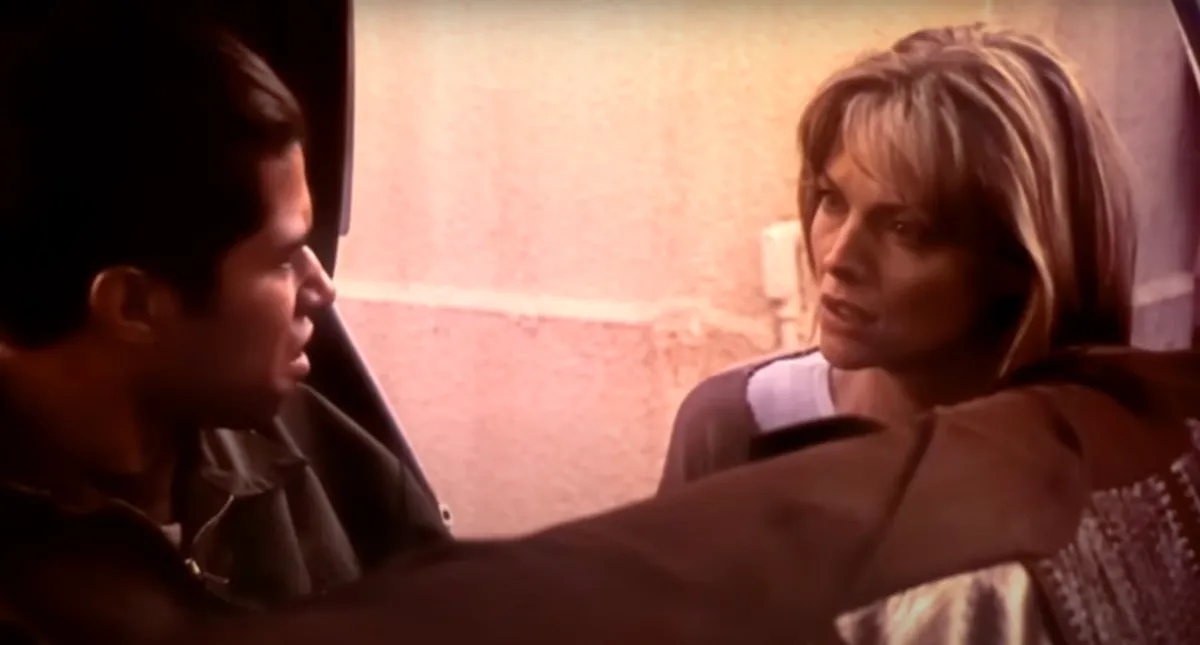
Upon release, the based-on-a-true-story drama Dangerous Minds, in which a former Marine Louanne Johnson (Michelle Pfeiffer) takes a job at an underfunded inner-city school and uses poetry and military discipline to inspire her mostly Black and brown students to turn their lives around, was a box office hit. But today, it's hard to overlook its stereotypical portrayal of its urban setting as a hotbed of poverty and violence—or its claim that, apparently, all these troubled kids were waiting for was a tough-talking white lady to show up and set them straight. Twenty years after the film was released, even the author of the memoir upon which it was based didn't feel great about its "white savior" narrative or the many changes it made to her and her students' lived experience.
"In my class, the kids were evenly mixed: black, white and Hispanic," the real LouAnne Johnson told The Guardian in 2015. "In the movie, they made it all minority kids with a token white kid here and there. That perpetuates this myth that only minority kids are at risk, and that white kids don't have any problems."
